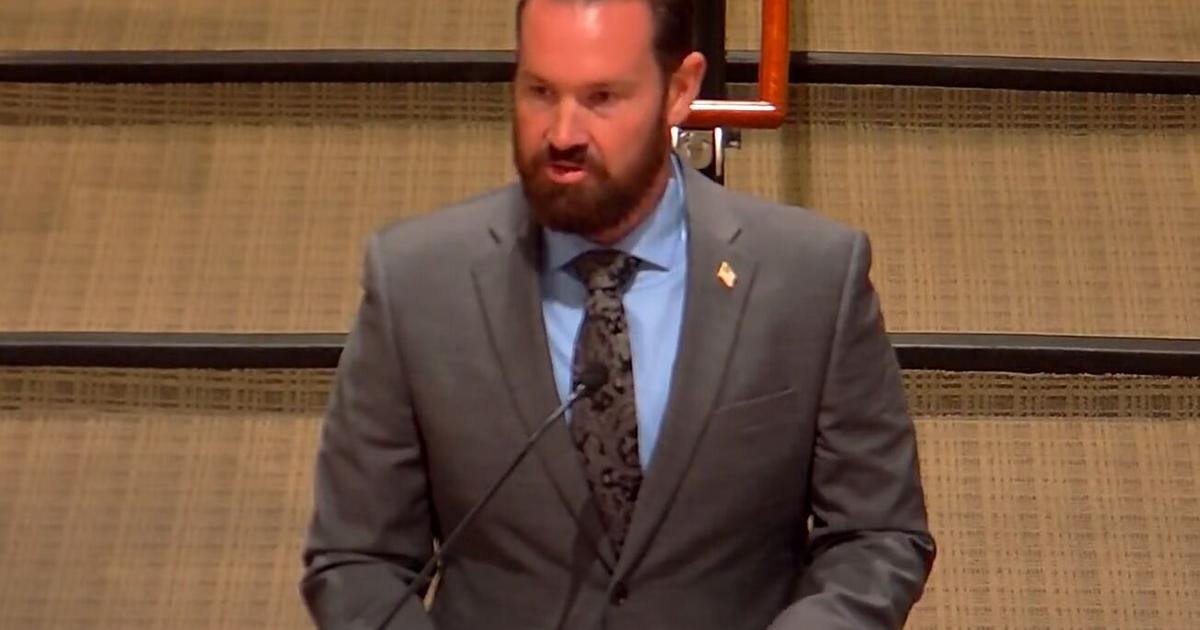Business
Amid Corruption Probe, Mohave County Halts Medical Examiner Contract Decision

Three years ago, Mohave County took a significant step by contracting out its Medical Examiner’s Office to a private funeral business. Now, allegations of corruption and missing bodies have surfaced, and county officials must decide whether to renew the contract or consider new options.
Since 2021, Serenity Memorial Group has managed the office under a $92,500 monthly contract. Accusations of corruption and conflict of interest have arisen, with a team of forensic pathologists now showing interest in taking over. The county’s governing board recently delayed a decision on renewing the contract, opting instead to consider a one-year extension while exploring other possibilities.
Naomi Bradbury, owner of Bradbury Memorial Center, has been a vocal critic of Serenity’s management. She and other industry professionals addressed the county’s board, stressing that the initial contract was supposed to be temporary. Using a private contractor for medical examiner services is unusual in Arizona, where state law mandates the position be held by a state-certified pathologist.
Last year, certified pathologist Ryan Swapp expressed interest in managing the office through Monolith Forensics. Despite the superior qualifications of Monolith’s team, a confidential committee recommended extending Serenity’s contract due to cost considerations, a decision Bradbury criticized as a “backroom deal.”
The Monolith team formally protested, citing their superior qualifications and the fact that $500,000 in startup funding awarded to Serenity wasn’t considered in the pricing comparison. Swapp reminded the board that running the medical examiner’s office without a licensed, board-certified pathologist could lead to lawsuits against the county.
In February, the Mohave County Sheriff’s Office began investigating complaints against Serenity’s owner, John Hassett, including accusations of corruption and improper handling of bodies. Documents suggested Hassett may have retained ownership of funeral homes while directing bodies there, leading to significant discrepancies in death counts reported by various entities.
Kristen Lietz, director of Lietz-Fraze Funeral Home, pointed out that hospitals and hospices reporting deaths could inflate the official figures. Delays in funeral arrangements and long waits for autopsies were also reported, with autopsies being conducted only on Saturdays.
Former employees described bodies being poorly stored and facilities being unsanitary. Hassett remains the designated cemetery broker for two local memorial gardens, which could influence body rotation among funeral homes despite county fiduciaries controlling the process.
John Hassett addressed the county board about the renewal concerns, acknowledging he is not a forensic pathologist and that his role has always been business-focused. He stressed his commitment to aiding the county in eventually taking over the Medical Examiner’s Office, stating that there were no backdoor deals and that transparency and professionalism remain his goals.


















